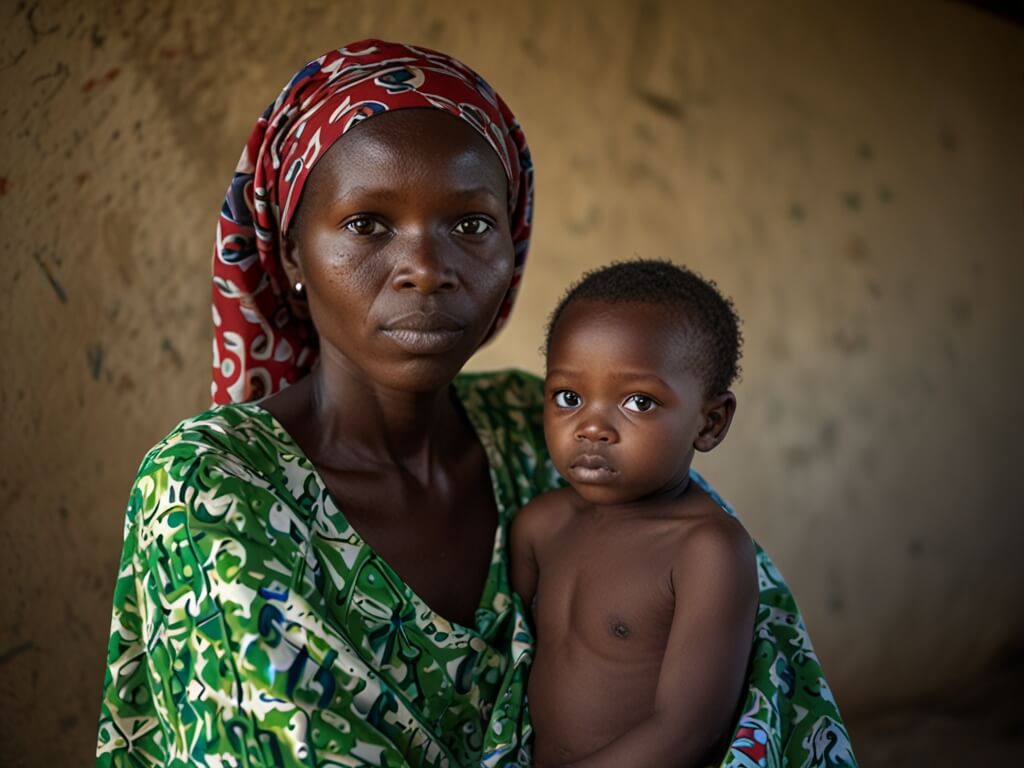Malnutrition remains a significant challenge in many parts of Nigeria, affecting millions of children and adults alike. Community-led nutrition programs have emerged as an effective solution to this issue, empowering local communities to take charge of their health and fight malnutrition from the ground up.
These programs often start with education, teaching community members about the importance of balanced diets and the role of specific nutrients in maintaining health. By providing practical knowledge on how to grow, prepare, and preserve nutritious foods, these initiatives equip individuals with the skills needed to improve their diets sustainably.
One successful approach has been the establishment of community gardens, where residents collectively grow vegetables, fruits, and herbs. These gardens not only provide fresh, healthy produce but also foster a sense of ownership and responsibility within the community. In areas where access to fresh food is limited, these gardens have become vital sources of nutrition, particularly for vulnerable groups like children and the elderly.
In addition to increasing food access, community-led programs often include cooking demonstrations and workshops that focus on creating nutrient-dense meals using locally available ingredients. This practical approach helps participants understand how to make the most of their resources, even in times of scarcity.
Furthermore, these programs frequently incorporate efforts to address underlying social and economic factors that contribute to malnutrition. For example, by supporting women’s cooperatives or providing microloans to small-scale farmers, these initiatives help improve household incomes, making it easier for families to afford a nutritious diet.
The success of community-led nutrition programs lies in their grassroots approach, which empowers individuals to take action and sustain improvements in their health. By focusing on education, local food production, and economic support, these programs offer a solution to malnutrition, ensuring that communities are healthier and more resilient.







Leave a comment